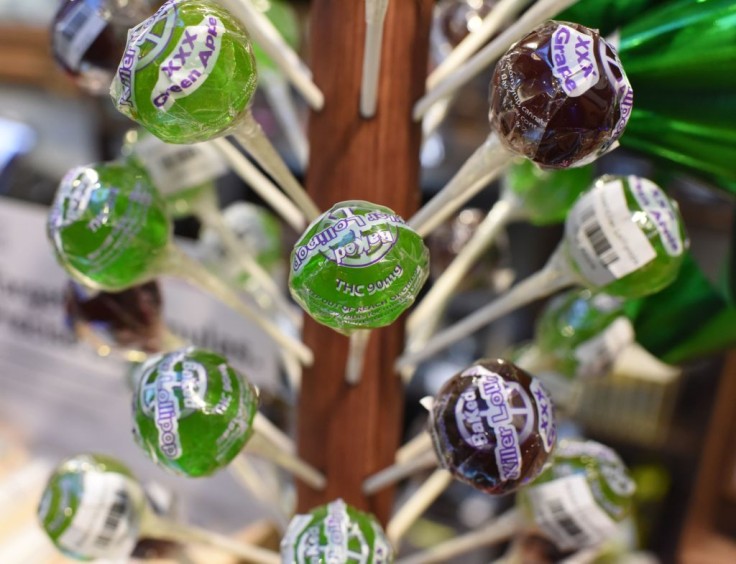
The number of children overdosing on marijuana edibles has risen astronomically in the last four years, prompting the American Association of Poison Control Centers to warn parents about the risks as more states legalize cannabis use.
The experts said that the incidents of overdosing are more common in homes with kids under 12 years old, where the parents indulge in marijuana edibles. From just 136 cases in 2016, the number has gone up to nearly 2,500 in 2020.
Dr. Brian Schultz from the Children's National Hospital in Washington, D.C., shared that he treated a 21-month-old boy who ate 15 of his mother's marijuana edibles because these looked like gummies. The boy has since made a full recovery, but the mother is still consumed by guilt because she wasn't careful about her son's access to the substance.
Speaking with CBS News, Dr. Schultz said that the packaging of marijuana edibles looks "very attractive to kids," so he suggested parents lock these up and keep them out of reach of the children, just like they would any medication. Sarah Surna, a Community Health Promotion Specialist in Michigan, also suggested that their state's health department offers lock boxes per family, which has combination locks that the parents can program.
Intentionally Packaged like Candies
According to Dr. Brian Johnston of the American Academy of Pediatrics (AAP), marijuana edibles are "intentionally packaged to resemble popular sweets" or cookies, brownies, and soda so that it's easier to eat or ingest. However, these products contain higher tetrahydrocannabinol (THC) levels compared to cannabis plant materials. One candy bar or cookie contains THC levels beyond the recommended dose, but many adults buy this for recreational use since it is legal.
However, the experts said that high levels of THC might cause intoxication, dizziness, lack of coordination, breathing problems, and heart issues. It may also lead to the impairment of a person's cognitive and psychomotor functions.
A study on marijuana edibles recommends that states with legalized marijuana must improve their poison control protocols and add more centers to help families, especially with these rising cases. The researchers also said that parents who indulge in these products should consider buying edibles that do not look like common food.
Pediatric experts believe that if cannabis is legalized, regulations on its distribution and use should be improved, including putting the products in "child-resistant packages."
Deterrents in Place in Connecticut
Connecticut legalized marijuana on July 1 and included provisions to bar manufacturers from making products that will appeal to kids. The new law also requires marijuana edibles to be contained in opaque packaging so that the kids will not see what's inside.
The edibles inside the packaging must also be wrapped individually and shouldn't come with any scent or aroma. These provisions were based on evidence that shows how food packaging may reduce pediatric ingestion.
Following the legalization, the law will take effect in May 2022 and be enforced by the state's Department of Public Health. Dr. Suzanne Doyon of the Connecticut Poison Control Center (CPCC) said no other state has done what they will implement.
The state has also set up a poison control center for recreational cannabis use.
Related Article : Mandatory Mask in School for All Students Recommended by Pediatric Group